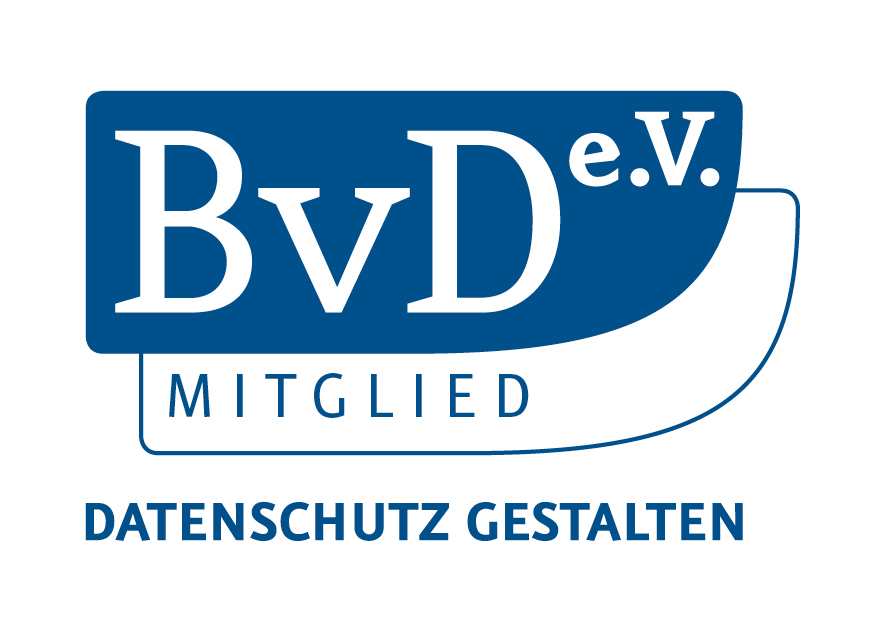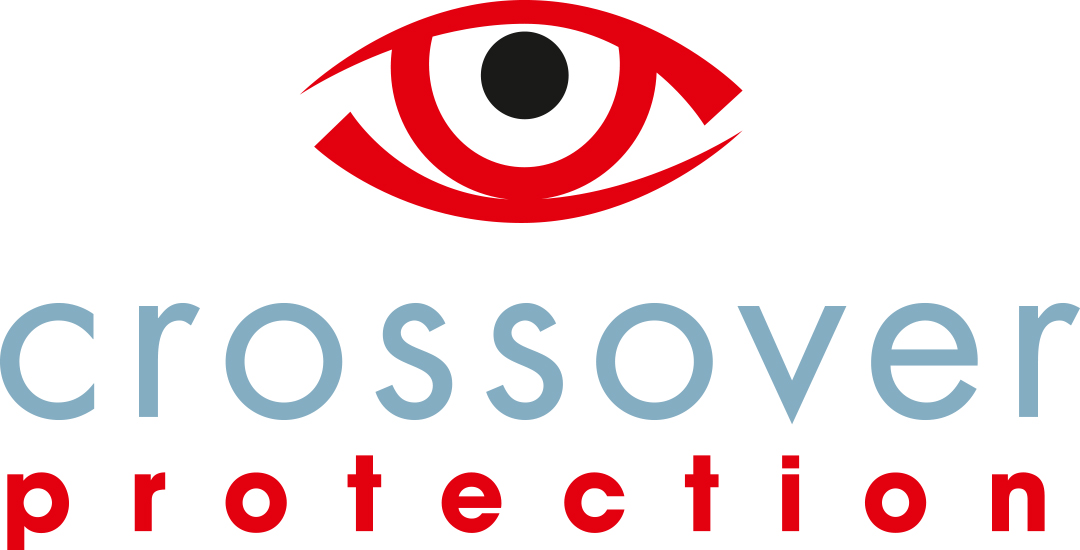On the safe side with us

Protecting your data and that of your customers is important and implementing data protection compliance is often not easy. We help you implement the necessary measures and offer you data protection officers with the necessary expertise – so that you and your data are safe.
Thus, you can carefree book external data protection officers via crossover protection Denkinger GmbH & Co. KG and no longer must worry about your company’s data protection and compliance.
With our expertise in all aspects of data protection, we provide professional and goal-oriented support with
- Advice on data protection and information security
- Data protection audits
- Training of employees
and bring your company quickly and efficiently up to an adequate level of data protection in accordance with the EU General Data Protection Regulation.
Protecting your business secrets is also important
However, it is not only the protection of personal data through the new EU General Data Protection Regulation that is important, but also the protection of business secrets. After all, this valuable information is what makes your company successful and should not fall into hands of thirds parties.
Here you benefit doubly from our expertise, because a good protection concept for personal data, such as the one we develop for you in compliance with the GDPR, can also be used as a basis for protecting your business secrets. We would be happy to advise you individually on this!
How do we proceed?
Within the framework of a gap analysis, we determine the data protection needs in your company and make you an offer for the implementation of the necessary measures.
We map the data protection organization for your company(ies) on a DSGVO-compliant online portal. This allows you to always maintain an overview.
The focus is on the practical implementation of (only mandatory) measures such as, for example
- the creation of a record of processing activities
- the implementation of a data protection impact assessment
- regulations for service providers
- creation of security instructions
- trainings
In which applications is data protection particularly important?
The GDPR applies to every company and must be observed everywhere.
Common use cases are, for example

Healthcare
- Online doctor appointments
- eDoctor report/Document/letter
- telemetry
- ePatient file

SMEs / Industry
- Social Media
- ePersonal file
- CRM
- Digitisation in general

Public Sector
- Case processing
- Transaction processing
- image recognition
- other systems
What do the GDPR and Business Secrets Act mean?
EU General Data Protection Regulation (GDPR)
The EU General Data Protection Regulation (EU GDPR) was published in the Official Journal of the European Union and entered into force 20 days after publication on 25 May 2016. The EU GDPR became directly effective on 25 May 2018 after a transition period of two years.
With 99 articles and 173 recitals, the EU GDPR is significantly more comprehensive than the previous German Federal Data Protection Act and other national data protection laws.
The most urgent goal of the European data protection reform was to strongly standardize data protection law within Europe. In addition, data protection law was to be modernized to provide answers to questions arising from digitalization and globalization.
Under the General Data Protection Regulation, the extended control/audit powers are flanked by an expansion of the framework of fines (Art. 83 GDPR). Thus, fines of up to 4% of a company’s global annual turnover, or 20 million euros, are permissible for certain legal violations, with the higher value applying in each case.
In the area of business, the new regulations lead to harmonization and the creation of a level playing field for all companies on the European market.
Those who have already installed a data protection management or a data protection organization and who have implemented the corresponding regulations and measures, e.g.
- keeping procedure directories
- data protection and security concepts
- measures for IT security
can make the necessary adjustments with less effort.
The principles of the new Europe-wide regulations for handling personal data include the following
- lawfulness
- proportionality
- transparency (accountability and verification obligations)
- purpose limitation
- data economy
- guarantee of data security
sowie eine unabhängige Aufsicht und wirksame Sanktionierung.
as well as independent supervision and effective sanctions.
The introduction of the General Data Protection Regulation goes hand in hand with a deliberate strengthening of data subjects’ rights. “Effective protection of personal data throughout the Union requires the strengthening and precise definition of the rights of data subjects” is therefore explicitly stated in Recital (erwGr) No. 11. The main pillars of the new data subject rights are, in addition to the stricter liability regime and the newly introduced individual claims, above all the expanded transparency obligations in data processing.
Trade Secrets Act on the protection of trade secrets
The new Trade Secrets Act came into force in Germany on 26 April 2019. It safeguards important business information and affects large companies as well as SMEs. But beware: information is only protected by the law if companies act!
With the Trade Secrets Act, the German legislator has implemented the EU’s so-called Know-How Protection Directive. Through this new set of regulations, there is now an independent law for the protection of trade secrets.
In addition to the EU GDPR, the law brings with it new obligations for companies. It is about protection against the disclosure of trade secrets to unauthorized third parties. Important business information is to be safeguarded, regardless of whether it contains personal data.
The Trade Secrets Act serves to protect trade secrets from unauthorized acquisition, use and disclosure. To this end, trade secret owners are provided with rights to information, injunctive relief and claims for damages against infringers.
This means that information of a certain economic value that is not generally known or readily accessible is protected. This can include all information of which one does not want anyone outside the company to gain knowledge. Examples are recipes, customer lists or discount scales. The term “secret” is relatively broad.
Of central importance here, however, is that only information that is protected by appropriate safeguards is protected by law! This represents a significant change to the previous handling.
Professional data protection
We look forward to your enquiry!
We are very happy to support you and take care of the protection of your data and business secrets.

